Get the scoop on rocket vs arugula. Are they the same? Not as popular as kale, but still a tasty, healthy option for eating your greens. In our ultimate guide, you will learn everything you need to know!
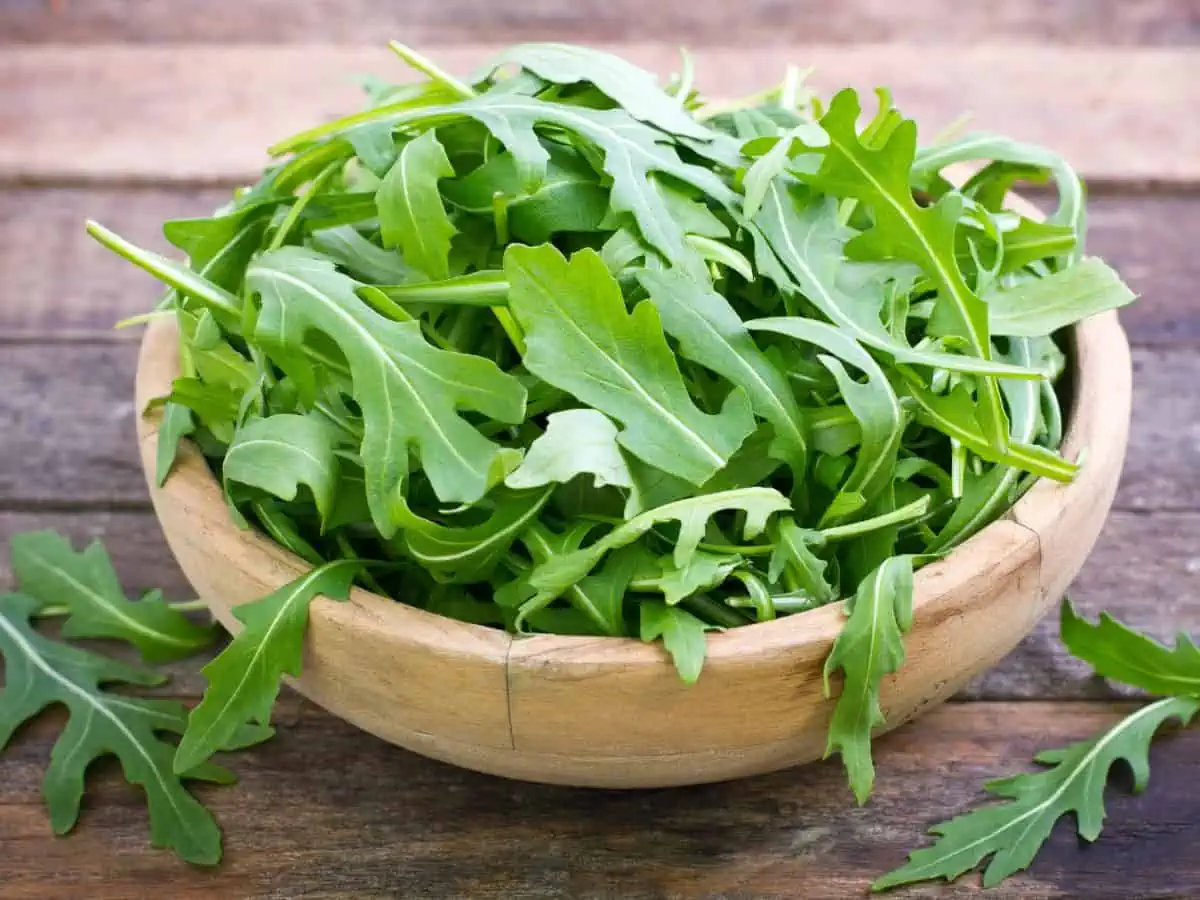
Is Rocket the Same as Arugula?
Let's cut to the chase, YES, they are one and the same thing!
In North America, it's known as arugula - a variation of the Italian word rucola - but it's called aruculu in Calabria.
In English Commonwealth countries like Australia, New Zealand and Canada, it's known as rocket. Either from a northern Italian dialect word, ruchetta, or from the French roquette.
It is a member of the mustard (Brassicaceae) family, and as such, it has a peppery bite. It is high in sulphur which gives it its characteristic pungent flavour.
You can often tell how peppery or mustard your rocket will be by the leaves. The sharper the edges, the bitier it will be.
More mature rocket will taste hotter, more peppery, and can stand up to hot accompaniments.
When Is It In Season?
While you will find arugula throughout the year, it is at its best during spring and autumn/fall.
Rocket and Arugula Varieties
There are a few varieties of rocket; the type sold loose is called wild rocket or baby rocket. They sell the broader leaf, more mature rocket in bunches. Mizuna is a Japanese rocket.
A Bunch of Rocket / Arugula
- It is a variety common in the Mediterranean.
- It grows up to 90 cm tall with round leaves and produces a white flower.
- It has a milder peppery flavour than wild/baby rocket and is available in bunches.
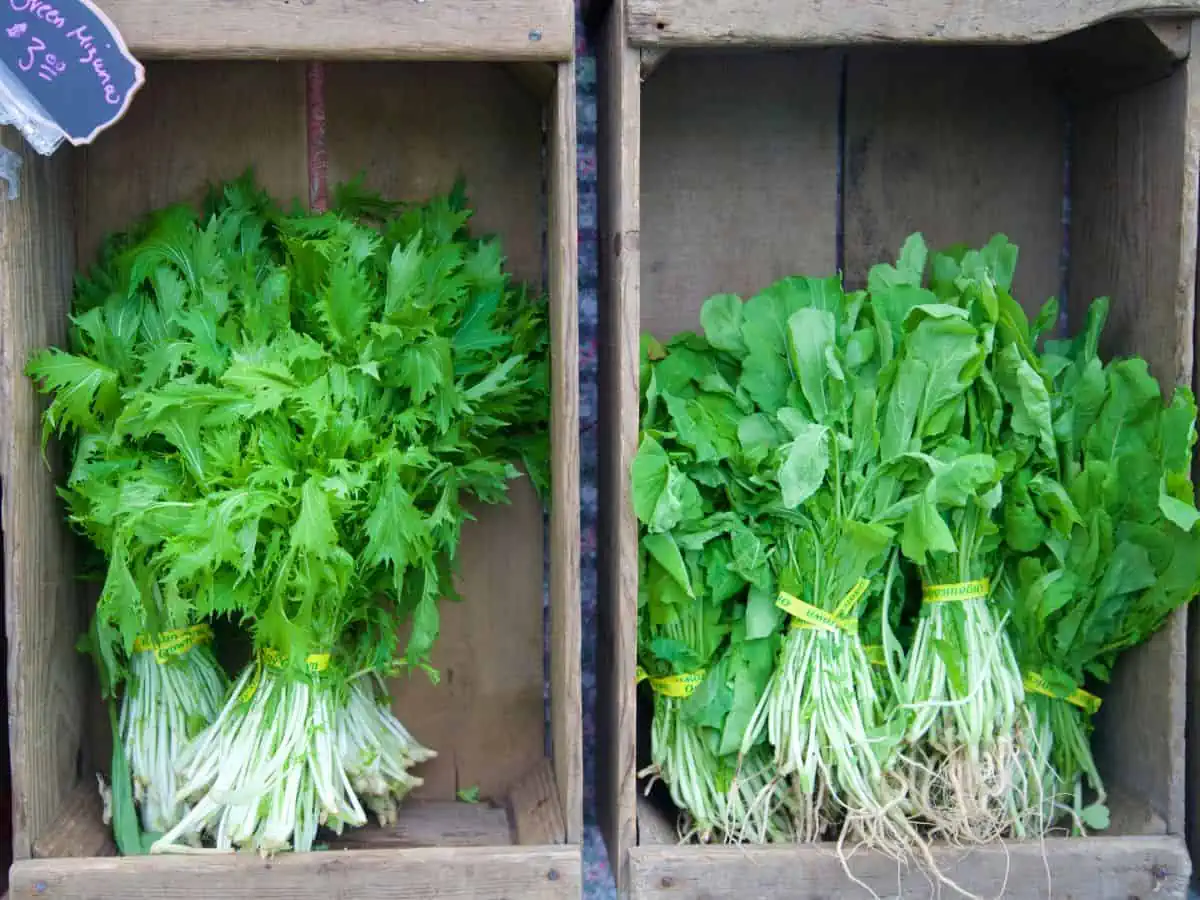
Wild or Baby Rocket
- It has jagged leaves and produces yellow flowers.
- It has a much more peppery taste than plain rocket and is usually available in bags or loose leaves.
- They sell the smaller greens as baby rocket which have a milder flavour.
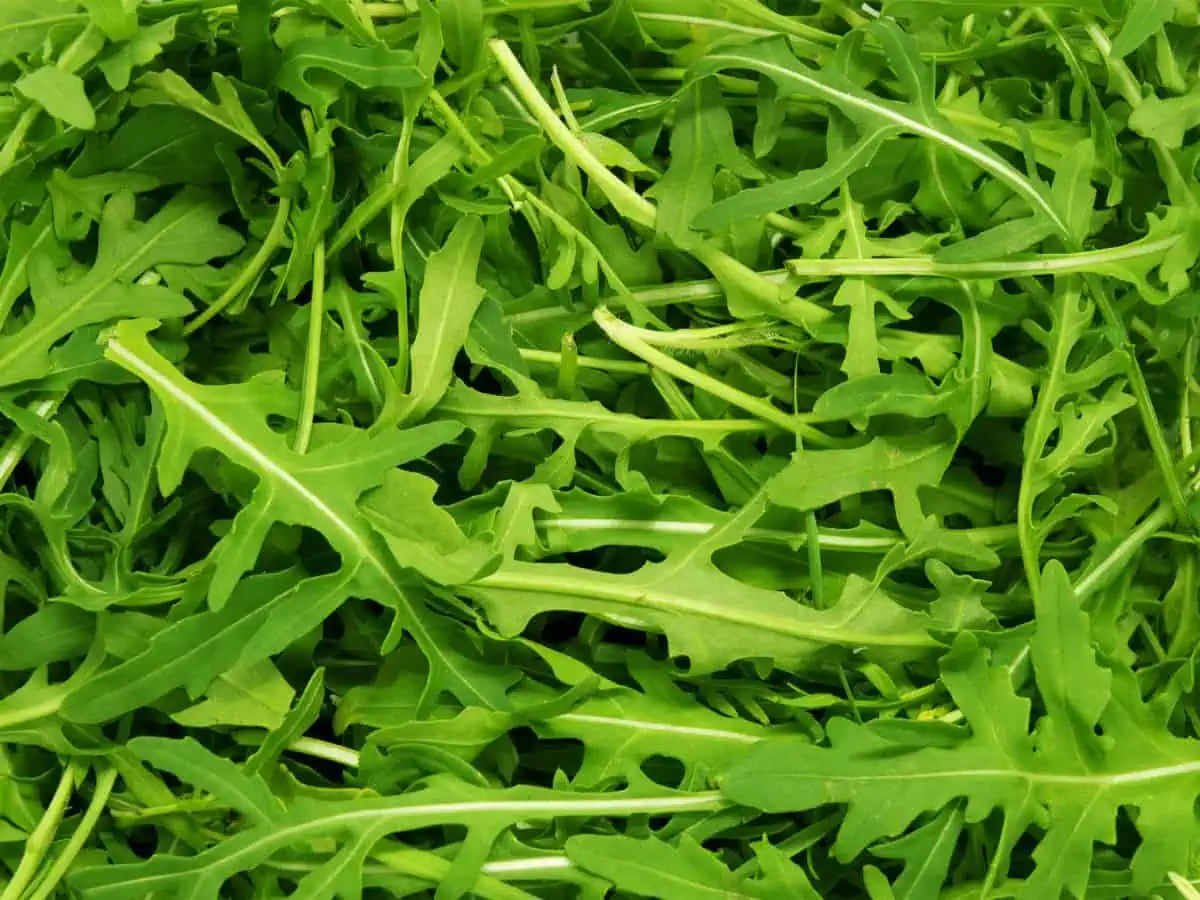
Mizuna
- It has jagged leaves and produces yellow flowers.
- It has a much more peppery taste than plain rocket and is usually available in bags or loose leaves.
- They sell the smaller greens as baby rocket which have a milder flavour.
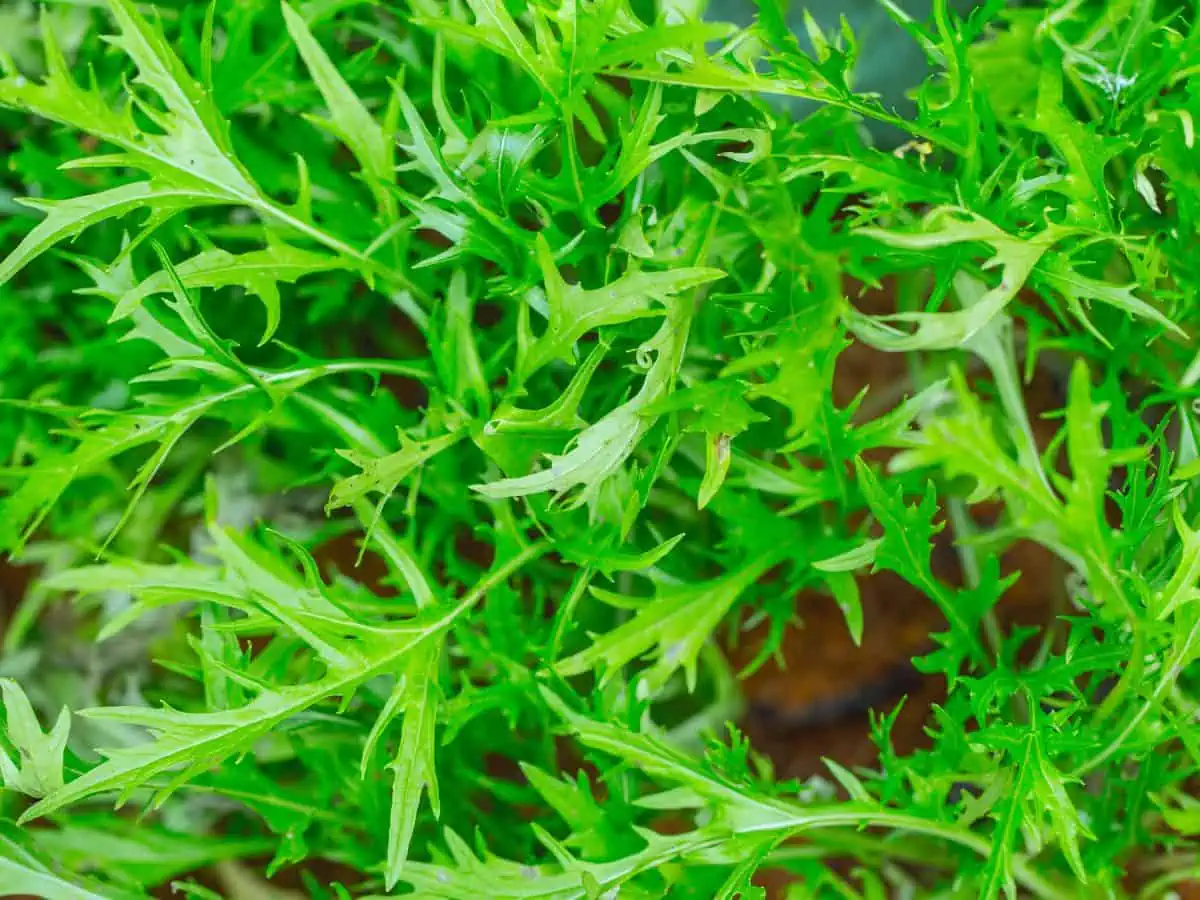
Selection and Storage
Selection
- Look for brightly coloured crisp leaves.
- Avoid yellow leaves as this shows age and that the greens may have an off flavour.
- Young, leafy greens have small, tender leaves and a milder flavour.
- Many mature plants have tougher leaves and stronger flavours.
Storage
- Keep your leaves in a bag in the crisper section of your fridge.
- It benefits from being stored like a herb or leaf lettuce, wrapped in some kitchen or paper towel, and then loosely bagged.
- Keep it on top of other fruit and vegetables so that it doesn't get crushed and damaged.
- It should last approximately 4-5 days if you avoid any moisture.
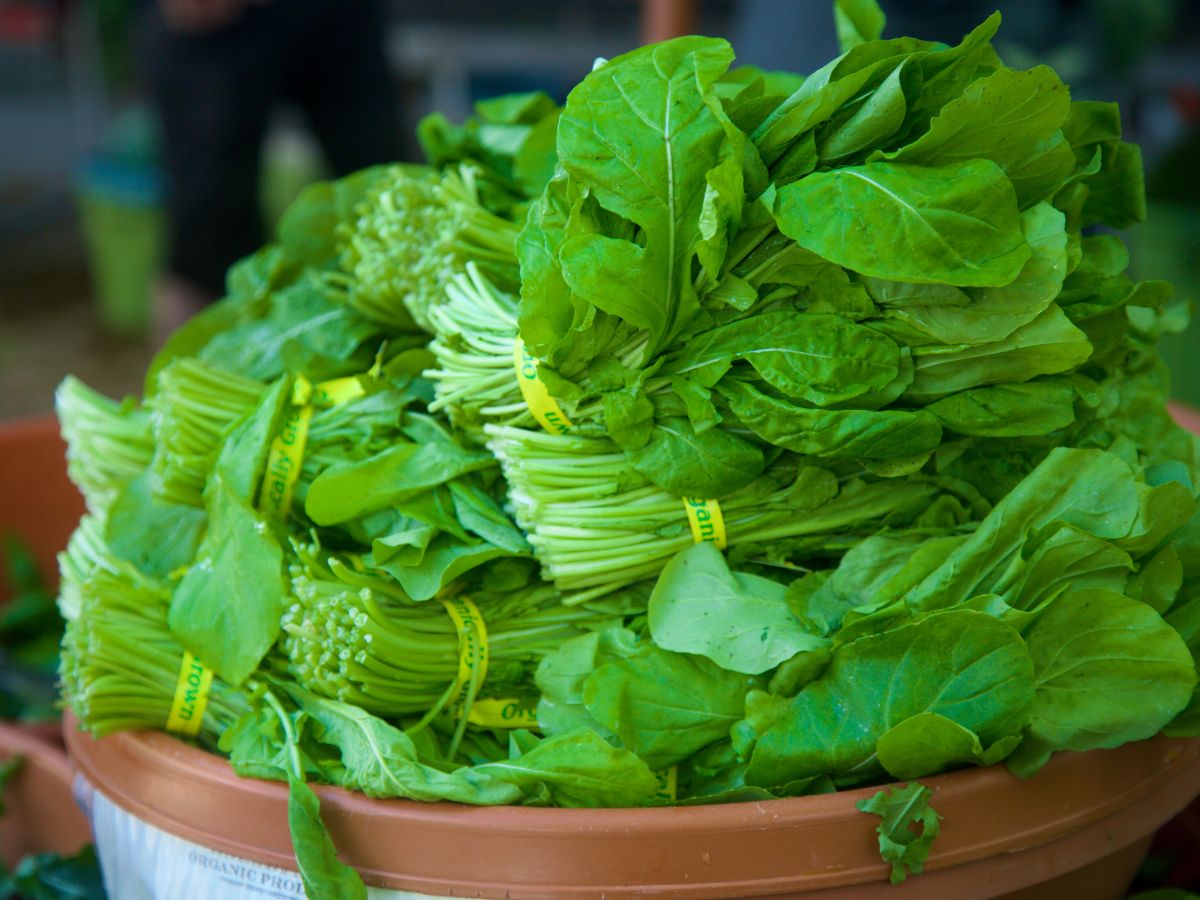
Is Kale or Rocket Better For You?
This peppery leafy green has now taken a back seat to popular kale, but it is still just as good, even better for you.
Rocket has more calcium and zinc than kale; it is equal in iron and magnesium and has fewer carbohydrates and naturally occurring sugars.
The great thing about rocket is that it has a wonderful peppery, spicy taste without needing to be dressed, massaged or sautéed!
Health Benefits
Acccording to Medical Health News Today, some of the health benefits of leafy greens are that they are high in chlorophyll and amino acids and are rich in:
- Vitamin C - maintains and repairs body tissue, helps absorb Iron and helps form collagen;
- Vitamin E - acts as an antioxidant and helps protect against free radicals, boosts the immune;
- Vitamin B - building blocks of a healthy body, they have a direct impact on your energy levels, brain function, and cell metabolism; and
- Vitamin K - is good for bone health and blood clotting.
It also contains beta-carotene, as well as lutein and zeaxanthin (for eye health). But rocket also provides glucosinolates, which help to protect against cancer.

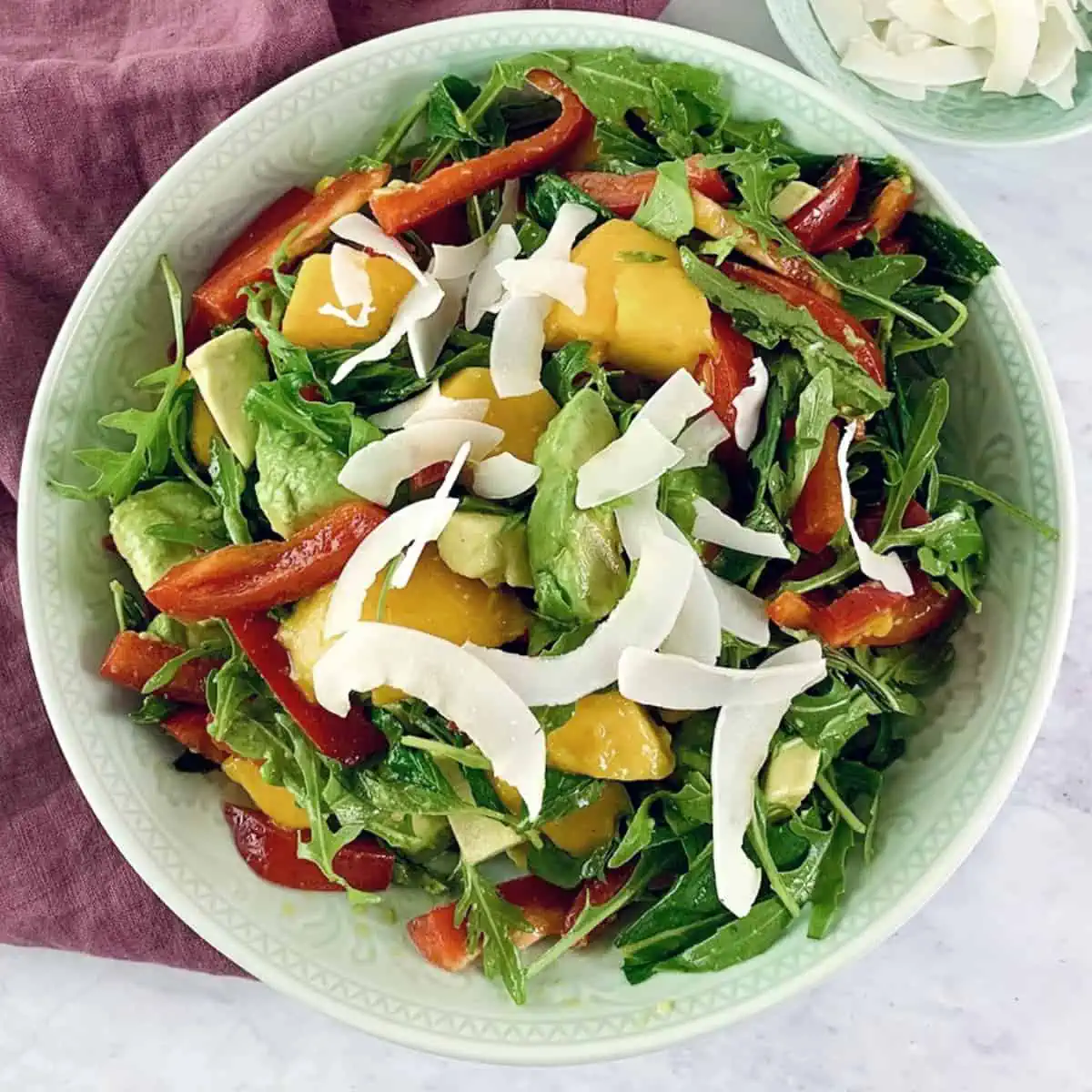
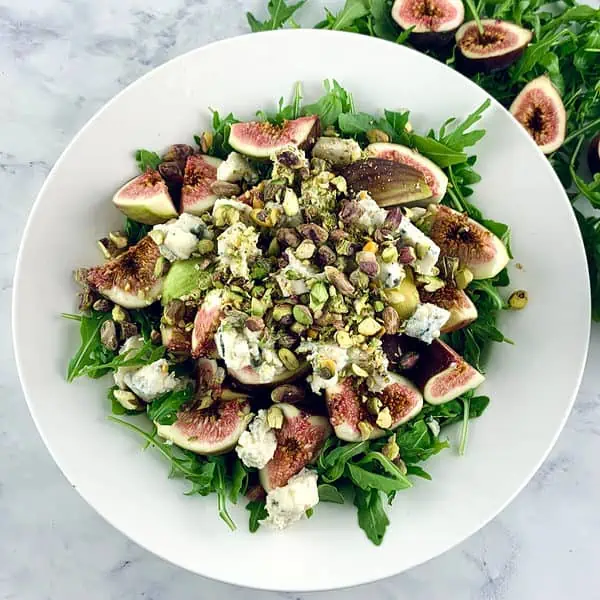
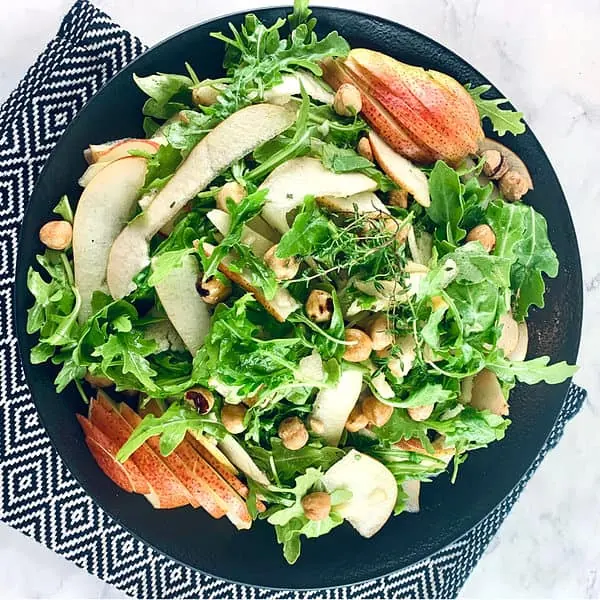
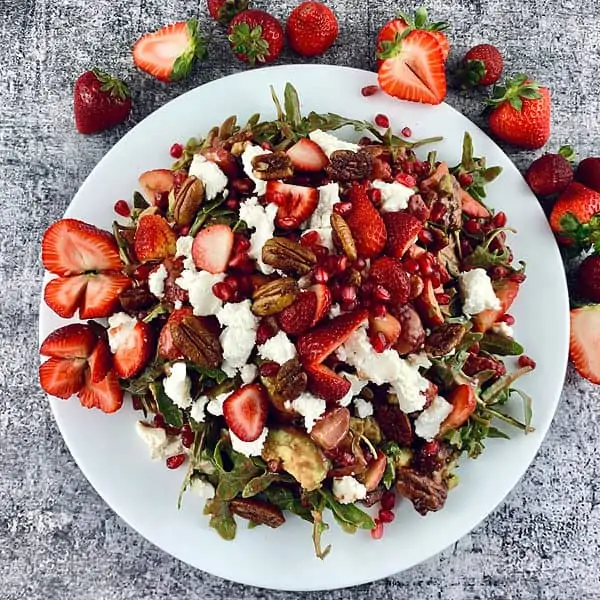
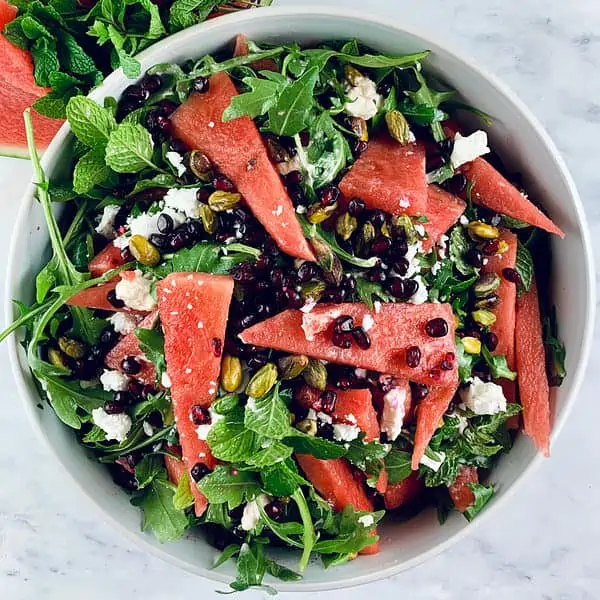
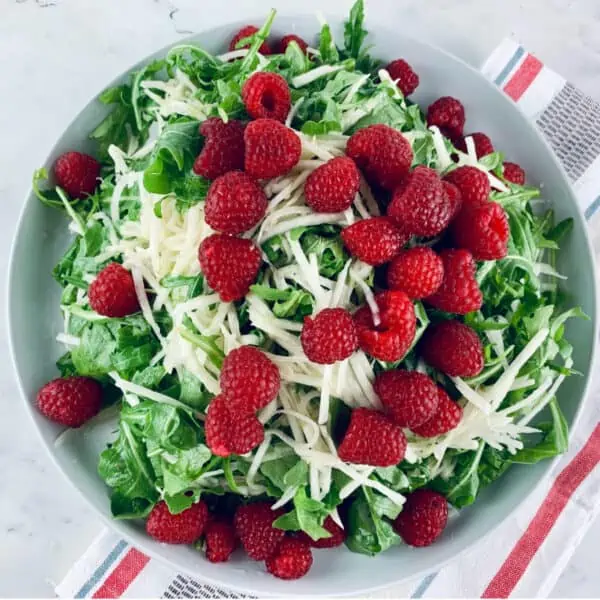
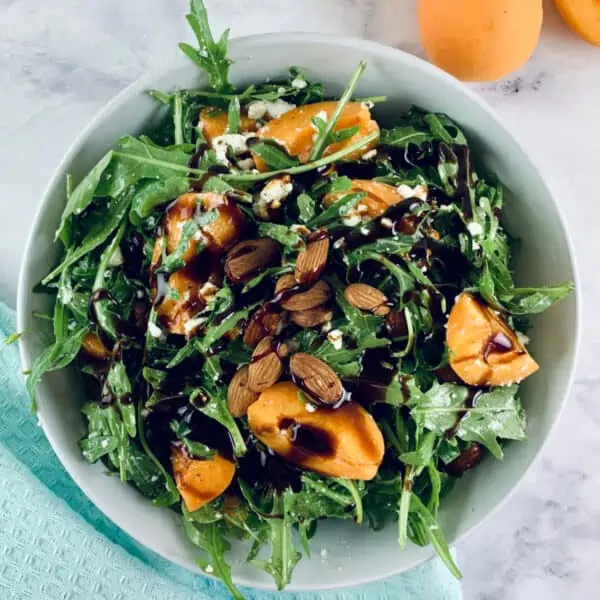
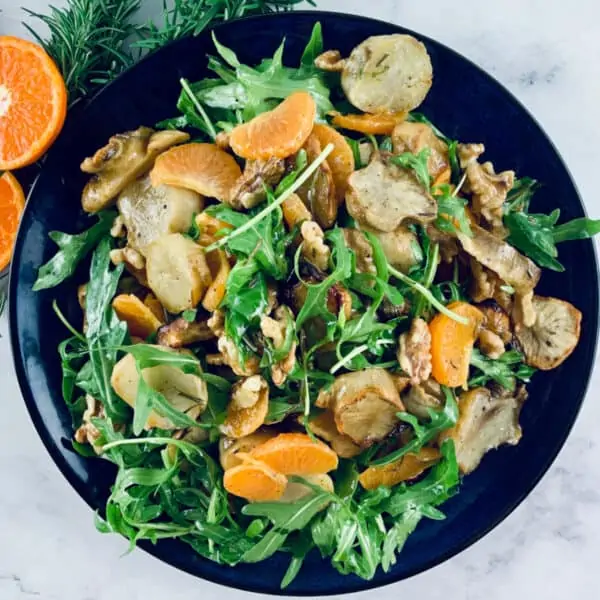
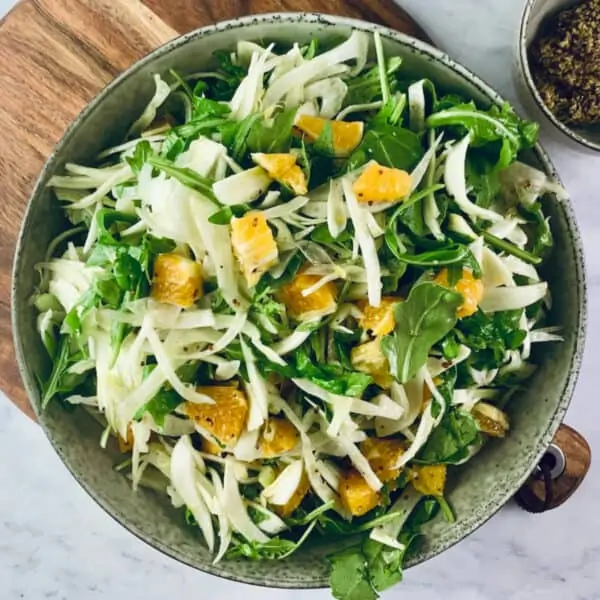
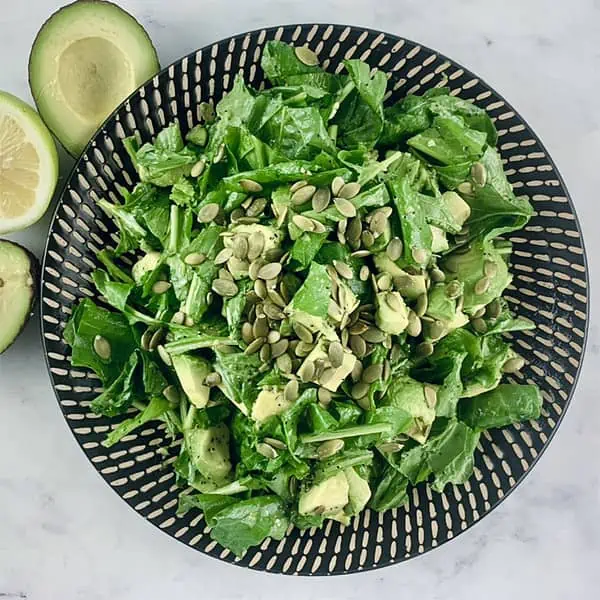
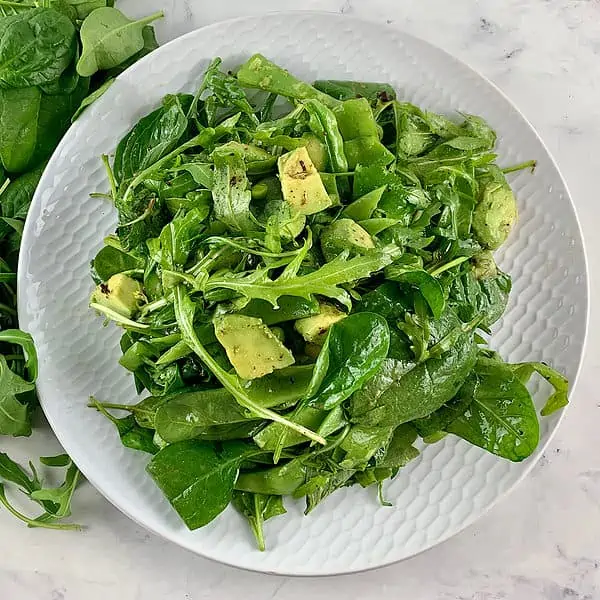
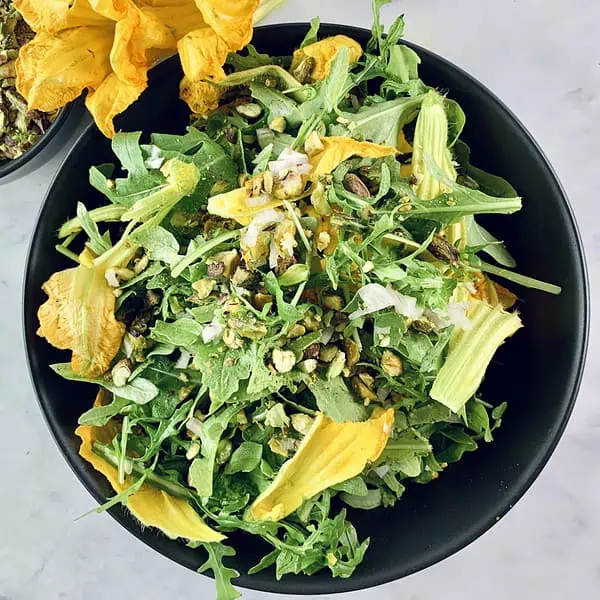
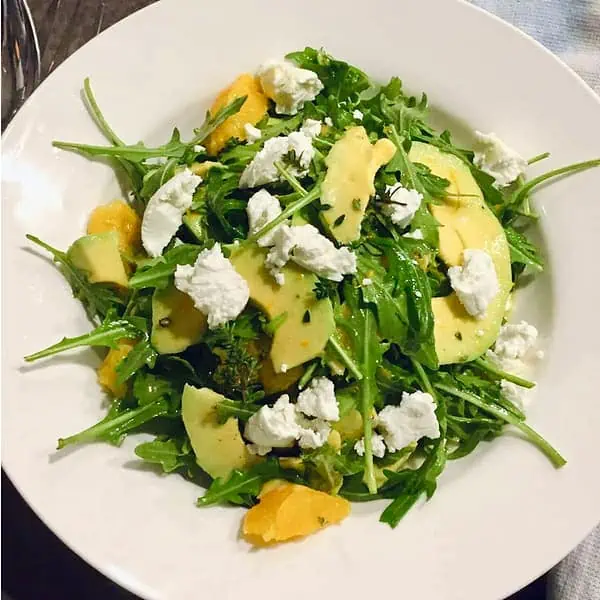
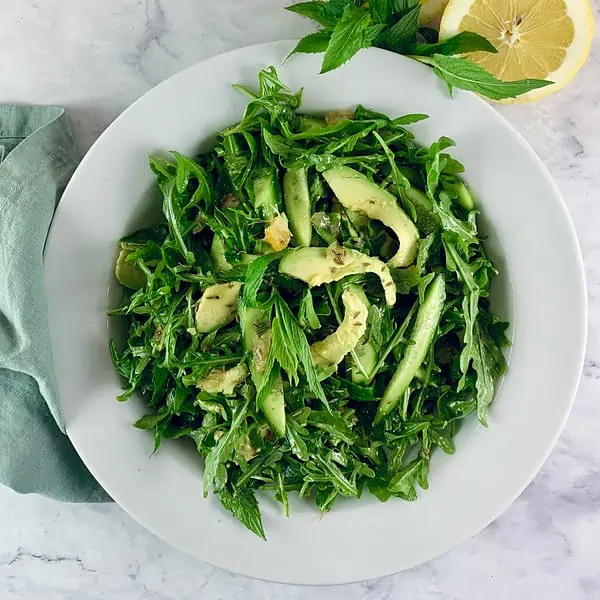
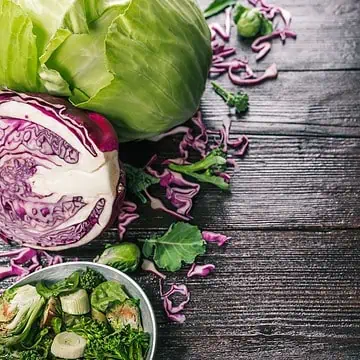
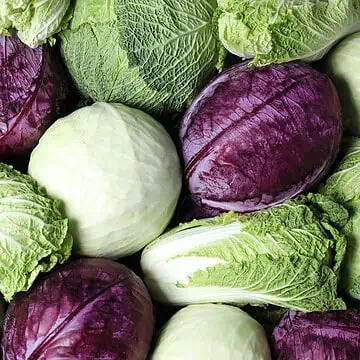
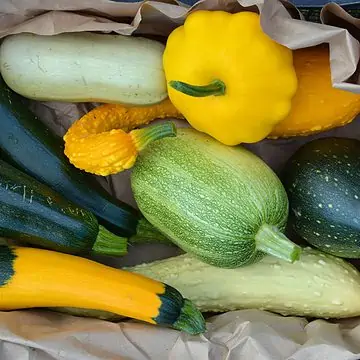
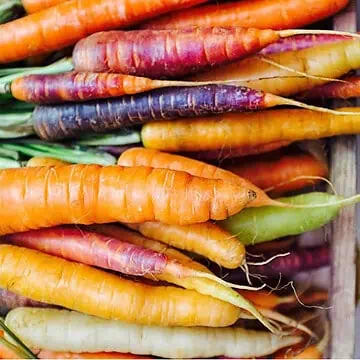
Leave a Reply